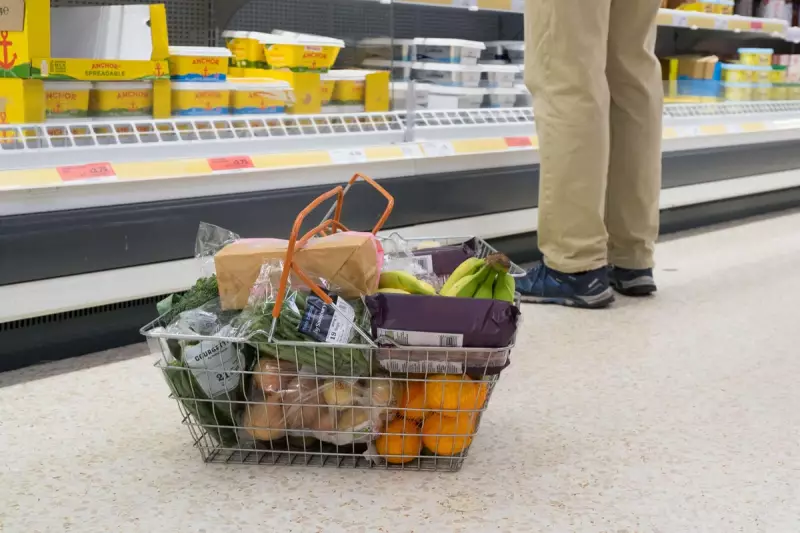
The relentless squeeze on British wallets is finally easing, as official figures confirm a seismic drop in the rate of inflation. The Consumer Prices Index (CPI) has fallen to 2.3% in the year to April, down from 3.2% in March, landing a hair's breadth from the Bank of England's coveted 2% target.
The Driving Force Behind The Drop
The most significant relief for households has come from the energy sector. Ofgem's lower energy price cap, which took effect in April, has been the single largest contributor to the falling inflation rate. This has dramatically reduced the annual bills for millions of families across the country, providing a much-needed respite from the sky-high costs of the past two years.
Not All Good News in the Shopping Basket
While the headline figure is cause for optimism, delve into the details of your weekly shop and the picture is more mixed. Although food price inflation has cooled considerably from its devastating peaks, prices are still rising faster than the overall inflation rate. Stubbornly high costs for staples like sugar, chocolate, and non-alcoholic beverages mean your trip to the supermarket is still noticeably more expensive than it was pre-crisis.
What This Means for Interest Rates and Your Mortgage
All eyes are now on the Bank of England's next move. This significant drop in inflation makes an interest rate cut this summer increasingly likely. For millions of homeowners coming off fixed-rate mortgage deals, this could signal the beginning of some financial relief. However, the Bank's Monetary Policy Committee remains cautious, wary of being too hasty and risking a second wave of price rises.
A Long Road Back to 'Normal'
It's crucial to understand that prices are not falling; they are simply rising at a much slower pace. The cost of living remains significantly higher than it was just a few years ago. The average household is still feeling the pinch, and it will take a sustained period of low inflation and wage growth for purchasing power to truly recover.
This new data from the Office for National Statistics marks a critical turning point in the UK's economic story, offering a glimmer of hope after a prolonged period of financial pressure.





